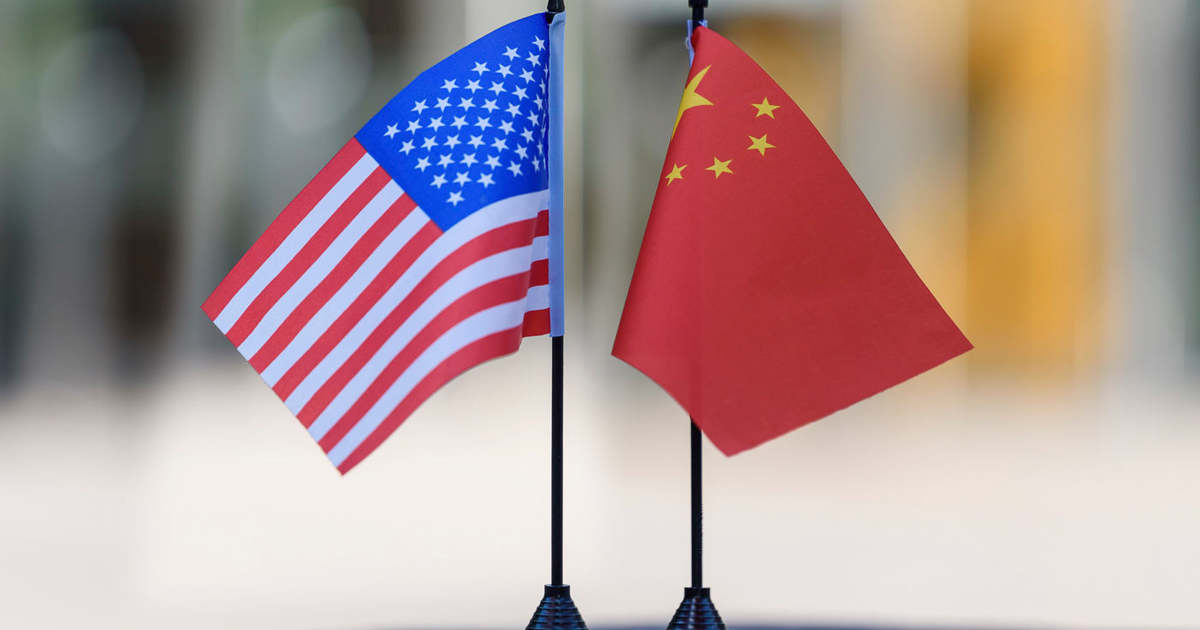Chinese Foreign Minister Fang Jie urged the rebuilding of Sino-US relations by speaking at a meeting of the US-China Business Council, which represents US companies operating in China, on Monday.
According to the report of the China-based international news channel CGTN, Fang urged the two countries to renew dialogue with each other at all levels. He considered that it is among the priorities of the two sides to work together to remove obstacles that stand in the way of bilateral relations. In order to rebuild mutual trust, China and the United States should think about the direction of the common interests of the two countries, he added.
Fang believes that the current state of relations stems from this fact
On the American side, “some cling to their ideological biases and a kind of Cold War mentality.” All this, he added, led to a “zero-sum game” idea that China was necessarily an enemy.
The Chinese Foreign Minister expressed his hope that Washington’s policy towards China will return to the ground of objectivity and rationality as soon as possible.

Photo: AFP
The new US president will be inaugurated on January 20, but it seems doubtful that Joe Biden’s policy could bring about a major shift in the strained bilateral relationship in the short term. In an interview with The New York Times in early December, the Democratic presidential candidate said so
It is not preparing for the immediate termination of the subsidiary trade agreement between the United States and China signed in January, nor for the abolition of additional duties on Chinese exports.
He also stated that he would take action against “harmful practices” in China such as intellectual property theft, product dumping, unfair government subsidies to companies or even coercion to technology transfer.
Although Fang Jie used a more peaceful tone in his Monday speech, he reiterated that Washington should not interfere in China’s internal affairs. Beijing usually responds in this way to US criticism, among other things, of its territorial claims in the South China Sea, the autonomy of Hong Kong or Taiwan, or the human rights of Uyghur Muslims in northwest China.












































